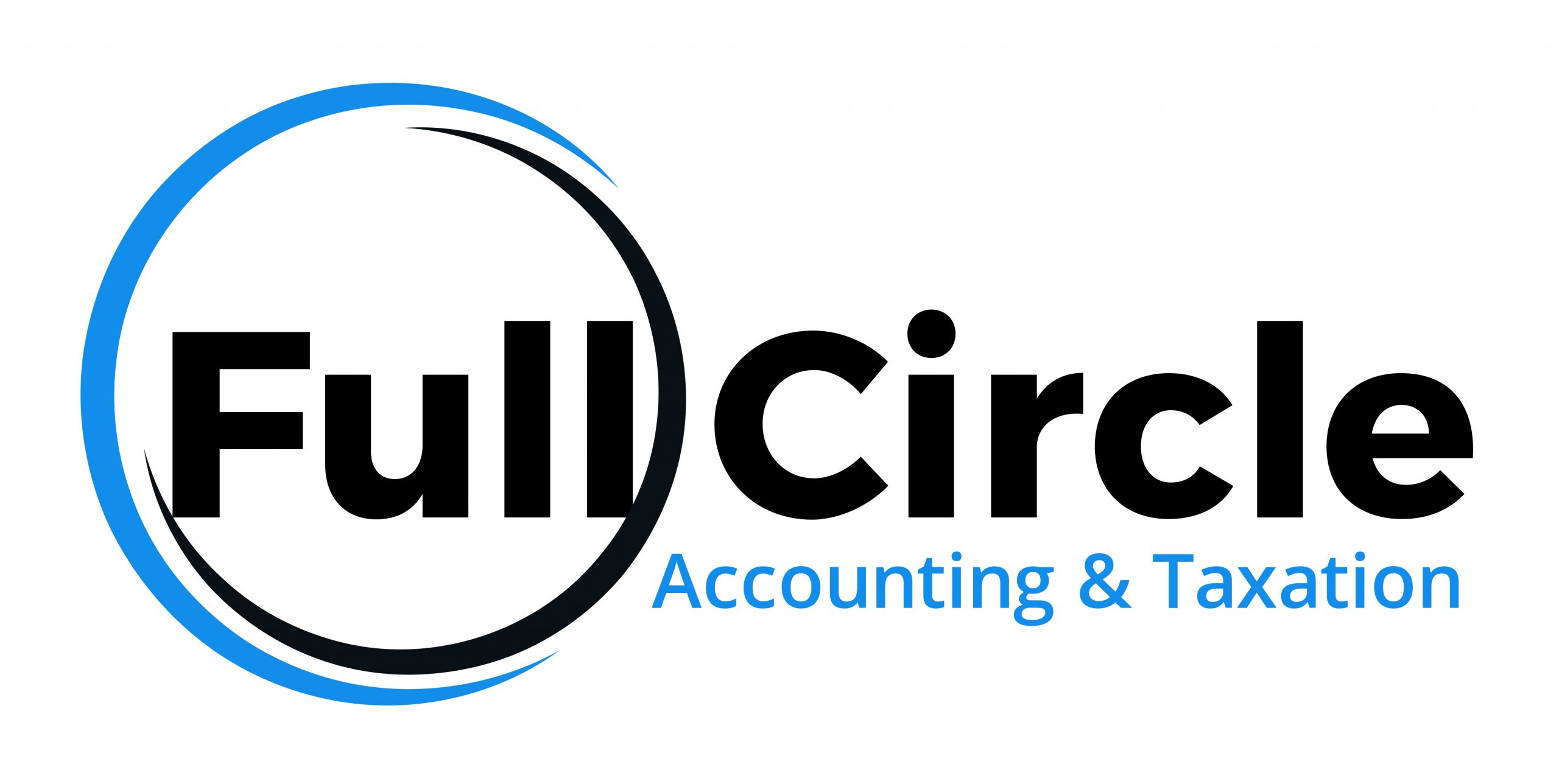What is AI in Bookkeeping?
AI in bookkeeping refers to the use of artificial intelligence technologies such as machine learning, natural language processing, and robotic process automation to handle accounting tasks traditionally performed by human bookkeepers. This includes everything from tracking expenses and reconciling accounts to generating financial reports. AI tools are designed to learn from data, recognize patterns, and improve over time, making them increasingly reliable as they process large amounts of financial information.

Top Benefits of AI in Bookkeeping for Small Businesses
- Time Savings Through Automation
- Accuracy and Reduced Human Error
- Cost-Effective Solution
- Real-Time Financial Insights
- Enhanced Security and Fraud Prevention
- Improved Compliance
- Scalability for Business Growth
- Improved Cash Flow Management
- Better Financial Forecasting and Planning
- Seamless Integration with Other Business Systems
Popular AI Tools for Bookkeeping
There are several AI-powered bookkeeping software solutions available for small businesses. Some popular tools include:
- QuickBooks Online: QuickBooks has integrated AI to help small businesses automate invoice generation, expense categorization, and financial reporting.
- Xero: Xero uses machine learning to automatically categorize transactions and provide real-time insights into cash flow.
- MYOB: MYOB is a leading Australian accounting software provider that offers cloud-based bookkeeping tools with AI-powered features. It’s particularly popular with Australian businesses for its local expertise and compliance with Australian tax regulations.
- Zoho Books: Zoho Books uses AI to automate invoicing, expense tracking, and reporting, making it easier for small businesses to manage their finances.
How to Get Started with AI in Bookkeeping
Getting started with AI in bookkeeping is easier than you might think. Here are some steps to integrate AI tools into your small business operations:
- Evaluate Your Needs: Determine which aspects of your bookkeeping process could benefit most from automation. For example, if you struggle with reconciling bank statements, look for AI tools that offer this feature.
- Research Available Tools: Explore various AI-powered accounting platforms to find one that fits your business needs. Consider factors like ease of use, customer support, and pricing.
- Integrate with Your Current Systems: Many AI tools integrate with existing accounting software or bank accounts, so you don’t have to start from scratch.
- Train Your Team: If you have a team, ensure they are familiar with the new tools and can use them effectively. Many AI platforms offer tutorials and customer support to make the transition smoother.
Challenges and Considerations
While AI in bookkeeping offers numerous benefits, it’s important to recognize that it’s not a one-size-fits-all solution. Small businesses should carefully consider the following:
- Initial Setup Costs: Depending on the AI tool you choose, there may be setup costs involved. Be sure to weigh the cost against the long-term benefits.
- Data Privacy and Security: Ensure that the AI tools you select have strong data protection measures in place to keep your financial information secure.
- Human Oversight: While AI is powerful, it’s still important to have a human accountant or bookkeeper review financial data periodically to ensure everything is on track.
Conclusion
AI is transforming the way small businesses approach bookkeeping, offering time-saving, cost-effective solutions that boost accuracy and provide real-time insights. By automating repetitive tasks and improving efficiency, AI allows small business owners to focus on what matters most—growing their businesses. As AI technology continues to evolve, the potential benefits for small businesses will only expand, making it an essential tool for any modern entrepreneur looking to streamline their accounting processes.
If you’re ready to take your bookkeeping to the next level, now is the time to explore AI-driven solutions that can help you save time, reduce errors, and make smarter financial decisions.
